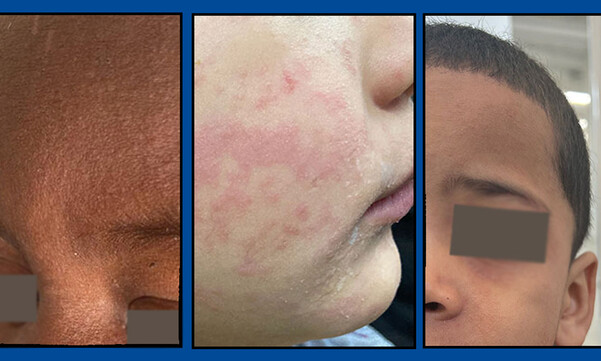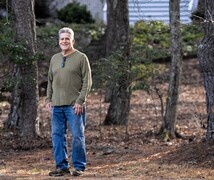Voice therapy helped Madilyn Smith hit the high notes again after a vocal cord injury left her hoarse and unable to sing.
Singing has always been more than a pastime for 22-year-old Madilyn Smith. "I’m not very good at expressing myself with words, so singing gives me an outlet,” says the student from Dunn, NC. “I will sing wherever and whenever I can.”
And she does. From school choirs and praise and worship at church to small vocal ensembles and weddings, Smith has been singing regularly since the age of five.
When a vocal chord injury last year left her hoarse and unable to sing, Smith was understandably dismayed. “After two weeks, my voice started to come back, but I couldn’t sing,” she says. “I sing soprano, and I couldn’t get to the top of my range. I was scared. This is something I do every day. I thought: ‘what am I going to do now?’”
Smith recalled seeing framed photos of famous musicians lining the walls of an ear nose and throat clinic she once visited with her grandmother. She quickly discovered that clinic was also home to the Duke Voice Care Center, which has a team of voice experts, including laryngologists (doctors trained in voice disorders), speech-language pathologists, and singing specialists who understand that, for some, losing their voice is more than an inconvenience – it’s a life-changer. “I knew they would provide me better care there than anywhere else,” she says.
At her first appointment with head and neck surgeon Seth Cohen, MD, Smith felt confident that she’d made the right choice. “Dr. Cohen knew exactly what he was doing,” she says. “He explained what was going on and assured me that, if I did my part, I should be able to get my voice back.”
To treat the swelling and a possible polyp on her right vocal cord, Cohen prescribed six weeks of voice therapy. Singing voice specialist Tara Nixon guided Smith through an initial voice evaluation and weekly activities that included vocal warm-ups and exercises, as well as education on singing technique.
“Tara taught me how to pace myself, what to sing, and how often,” says Smith. “I gradually began singing again – first one song, then two. When I was able to reach the top of my range, I knew I was going to be ok.”
Today, Smith is back on stage and plans to stay there. “I’ve become much more conscientious,” she says. “Now that I’ve had a vocal injury, I have to be careful not to cause more damage. I’ll continue to use these techniques I learned from Tara. I plan to sing for the rest of my life.”





